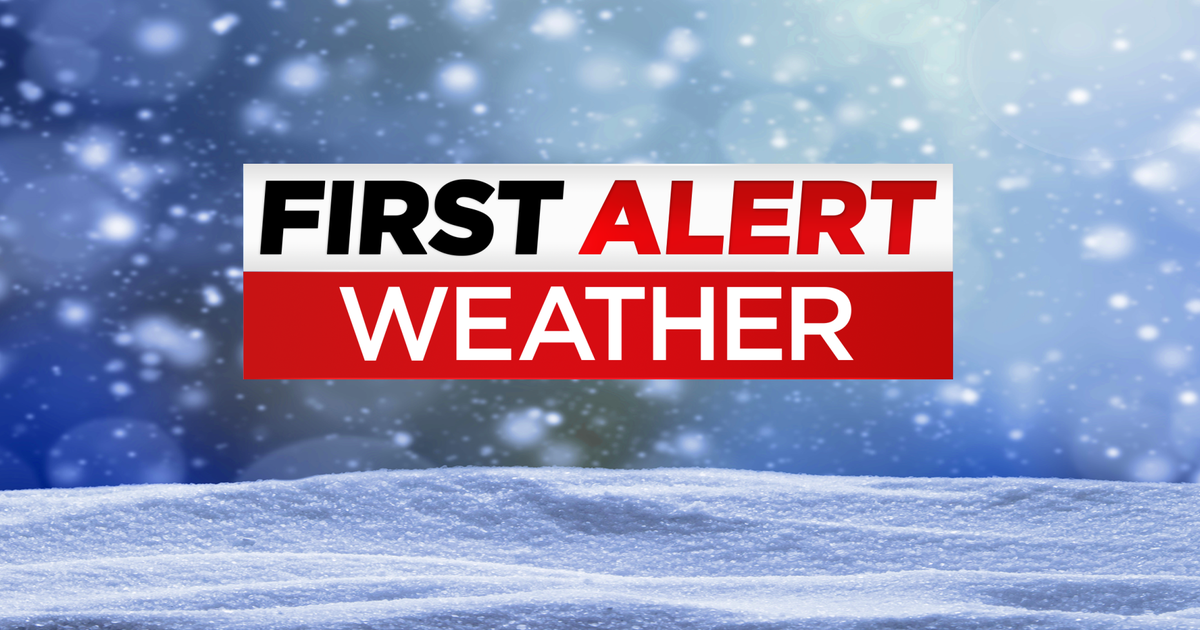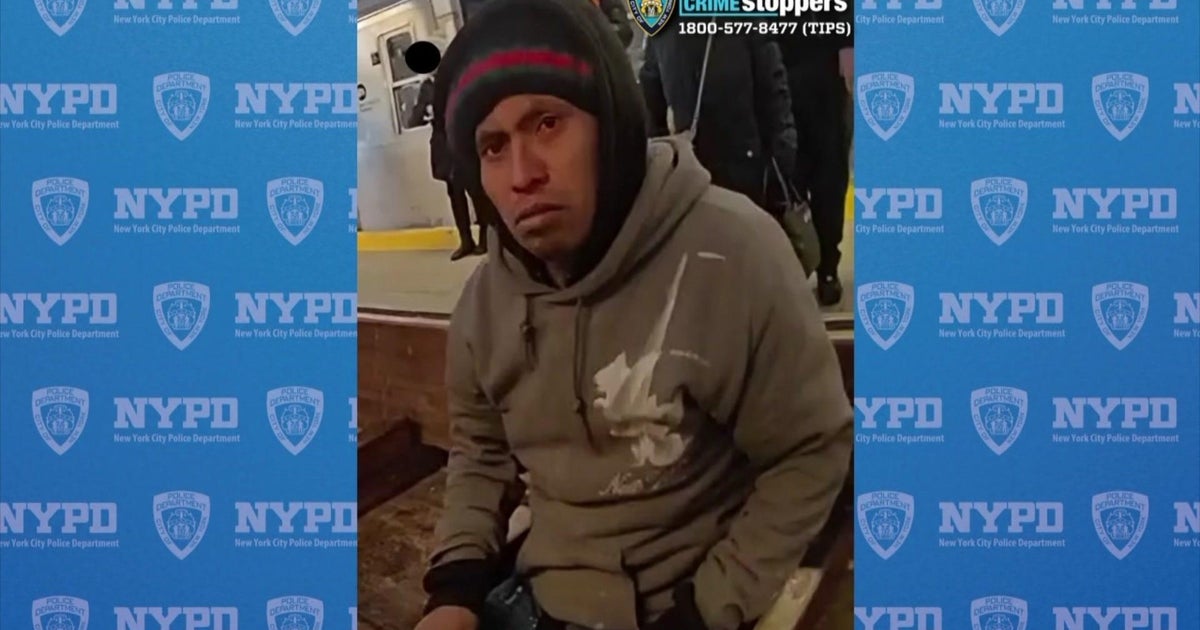Organizers Of L.I. Summit Say FDA Should Decide Merits Of Medical Marijuana, Not States
AMITYVILLE, N.Y. (CBSNewYork) -- A Long Island not-for-profit agency headed a conference Monday, trying to highlight a message of skepticism and caution on the issue of medical marijuana.
The Long Island Council on Alcoholism and Drug Dependence along with the Seafield and Caron Treatment Centers, hosted a so-called "Marijuana Summit" on Monday to detail the push for legislation in New York and talk about the experiences in other states who have already done so.
The meeting comes after legislation was introduced in Albany last week to permit medical marijuana.
Dr. Jeffrey Reynolds, Executive Director of LICADD, said he doesn't believe in legalizing medical pot and thinks it will hurt the majority of New Yorkers.
"We don't have the structure to deal with medical marijuana in an appropriate way and quite frankly, out here on Long Island, we've finally begun to make a dent in tobacco use and driving while intoxicated. Medical marijuana potentially brings us back to the old days when those were major, major problems in this region," Reynolds told 1010 WINS.
Neighboring New Jersey legalized medical marijuana in 2010. Approved debilitating medical conditions for use in the Garden State include amyotrophic lateral sclerosis, multiple sclerosis, terminal cancer and muscular dystrophy.
However, Reynolds said some of the perceptions championed by advocates of medical marijuana just aren't true.
"This is always put forth as a medicine, for example, for folks who are suffering from multiple sclerosis. In fact, the National MS Society has come out very strongly said 'No, marijuana is not an acceptable use for that,'" Reynolds said.
New Jersey's medical marijuana law is considered to be among the strictest of the 18 states that have laws that protect patients who need medical cannabis.
Allen St. Pierre, the Director of National Organization for the Reform of Marijuana Laws, told 1010 WINS there are ways of meeting naysayers halfway, including limiting the amount of areas that offer legalized pot like the Garden State.
"In the case of New York, the examples are really well to the south. In New Jersey, the state is only going to allow five so-called dispensaries. It's a good example of how a state can have a very limited amount of distribution points without causing any great public safety concerns, " St. Pierre told 1010 WINS.
However, Reynolds and his group believe that if the cannabis is to be considered medicine, the route being traveled by the New York state government is not the right one.
"If it is to be considered medicine, then the federal Food and Drug Administration should be approving this, not the New York State legislature," he said.
Share your thoughts in the comments section below...



